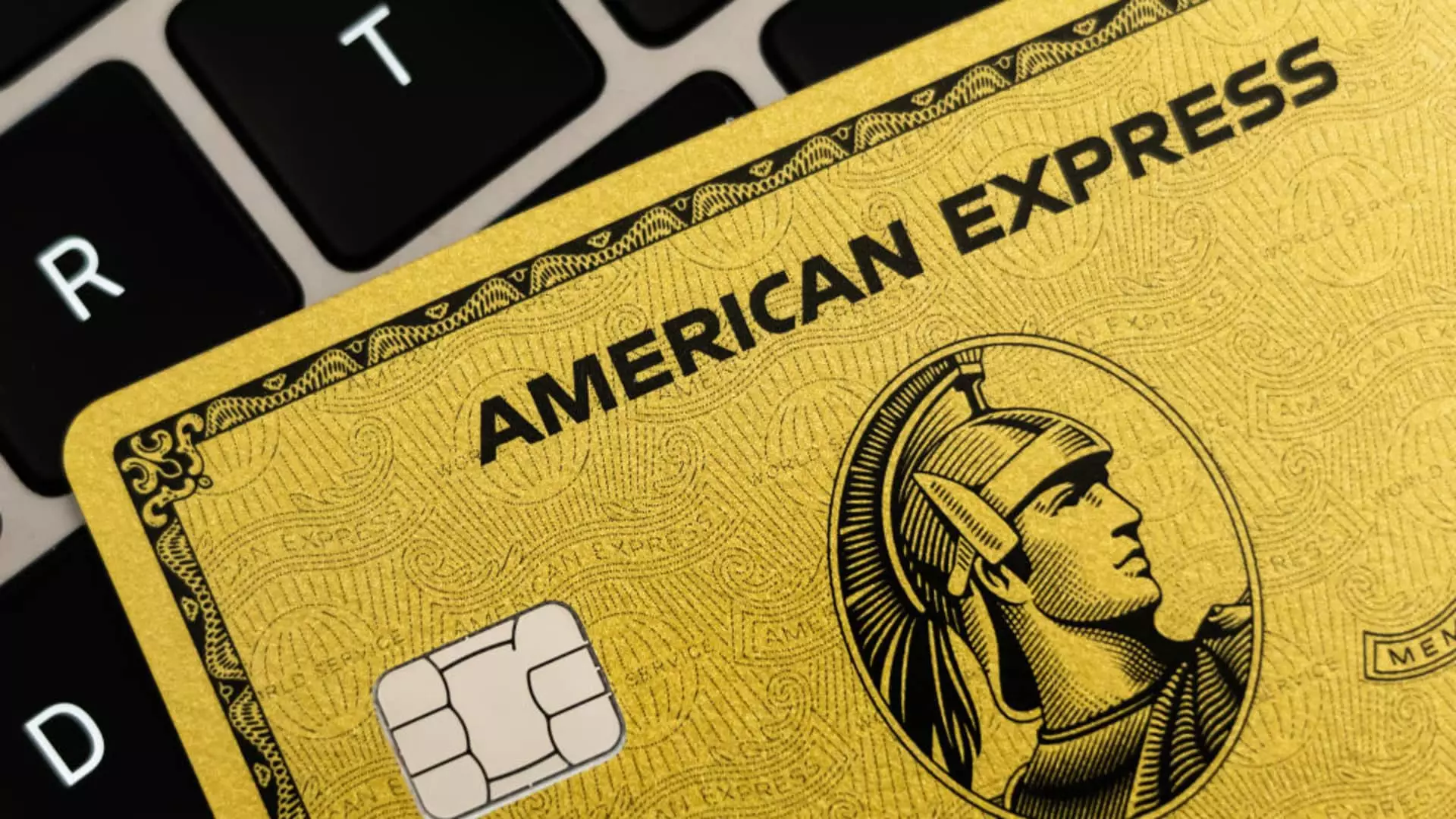American Express, the renowned financial services giant, has recently faced substantial scrutiny from federal investigations, culminating in a settlement totaling approximately $230 million. This significant sum is designed to resolve ongoing concerns regarding allegations of wire fraud and misleading marketing practices. Such legal challenges bring forth critical questions about corporate ethics and responsibility in a sector where trust is paramount.
According to the company’s announcement, the settlement includes over $138 million associated with a non-prosecution agreement with the U.S. Attorney’s Office in Brooklyn, New York, concerning claims that American Express provided customers with misleading tax advice related to two of its wire transfer products. The remaining $108.7 million addresses civil allegations from the Department of Justice’s (DOJ) Civil Division about deceptive marketing tactics targeted at small businesses. The company anticipates finalizing an additional agreement with the Federal Reserve System in the near term, which indicates ongoing scrutiny and potential ramifications for its operational practices.
The scrutiny primarily revolves around two specific products, Payroll Rewards and Premium Wire, which were rolled out in 2018 and 2019. Allegations assert that these products were marketed as avenues for tax savings, particularly aimed at small and mid-sized businesses. However, the foundational premise that the fees associated with these wire transfers were tax-deductible as business expenses was fundamentally flawed. Prosecutors pointed to misinformation disseminated by American Express representatives, who reportedly claimed that the rewards obtained from transactions could offset these costs.
Harry Chavis, an IRS special agent overseeing the investigation in New York, indicated that this campaign involved widespread misinformation and unethical practices executed by numerous employees. Such deceptive tactics not only misled consumers but potentially defrauded the government as well, putting American Express in a precarious position within the eyes of regulatory authorities.
In light of these deceptive marketing practices, American Express initiated an internal investigation that resulted in the termination of around 200 employees. By late 2021, the aforementioned wire products were completely discontinued, reflecting an acknowledgment of the harmful impact of these operations on both customers and the company’s integrity. This action underscores the need for companies in the financial sector to prioritize ethical guidelines and accountability in their marketing strategies.
Furthermore, the DOJ’s civil settlement encompassed additional allegations surrounding the company’s marketing of credit cards. Investigations revealed that American Express was involved in misrepresenting credit terms, including falsifying financial information and misusing employer identification numbers (EINs) for small business clients. This degree of malfeasance raises important questions about the regulatory measures in place to protect consumers and the integrity of financial institutions.
The circumstances surrounding American Express highlight larger trends in the financial services industry, where the need for transparency and ethical conduct is increasingly important. The settlements may serve as a cautionary tale for other corporations about the repercussions of deceptive practices. As consumer trust is vital for financial institutions, incidents such as these can damage reputations and erode the foundational elements of trust between consumers and their financial service providers.
In the case of American Express, the absence of an admission of liability or wrongdoing, even in the face of these settlements, indicates a broader reluctance among corporations to acknowledge missteps openly. This reticence could potentially perpetuate a cycle of inadequate accountability in the industry unless regulatory bodies enforce stricter guidelines and encourage companies to adopt more ethical marketing practices.
The settlements reached by American Express serve as a sobering reminder of the crucial balance that must be maintained between aggressive marketing strategies and consumer protection. As the company resolves these legal challenges, the focus must shift to implementing comprehensive measures to ensure that similar issues do not arise in the future. Financial institutions must take proactive steps to foster transparency and consumer trust, rebuilding their reputations in a landscape where ethical considerations are paramount. The path forward will necessitate a commitment to integrity and accountability, not just within American Express but across the entire industry.


Leave a Reply